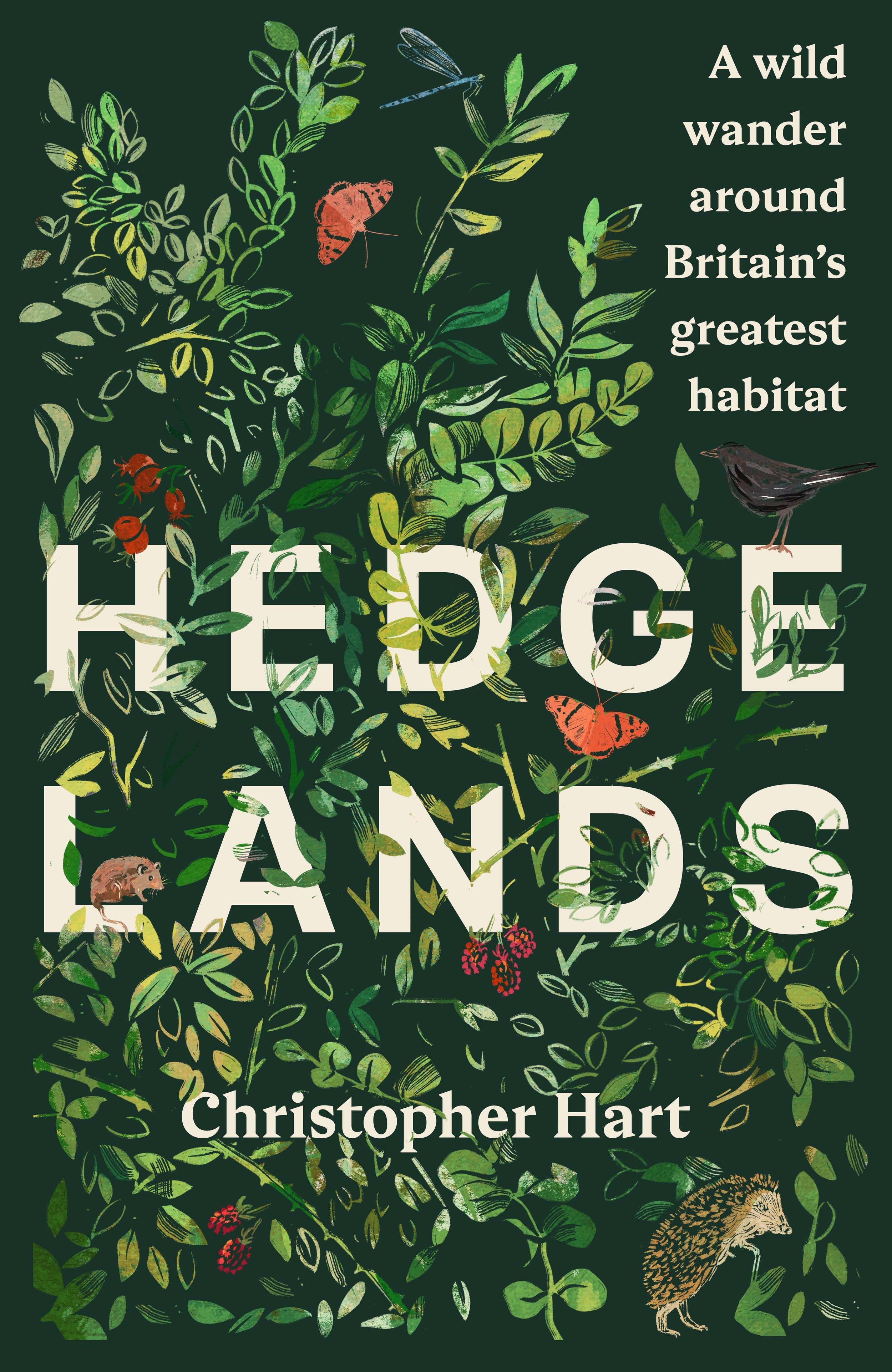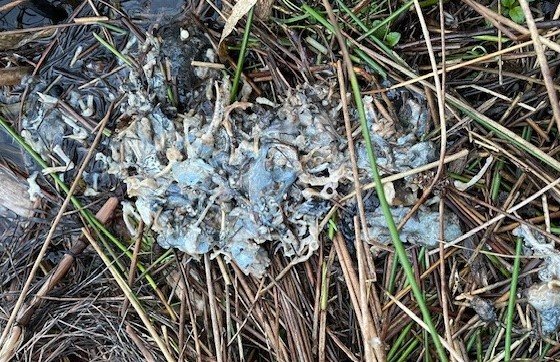Wow what a winter we’ve had. Typically, this area gets around 30 inches of rain each year – this year we’ve had double that. These totals come from people who live nearby, own rain gauges and keep meticulous records. We bought Underhill 10 years ago and I have never seen the ground so sodden – it’s like one massive sponge. This has consequences…
The barn owls have been using their dedicated barn, night after night in these conditions. On the night that Storm Isha struck, the first trail camera video was taken at 17.02 and the last at 07.40 – the barn owls remained in their barn the entire night. Barn owls are in peril when rain is hard and persistent – they don’t have protective oiled feathers like other birds. Many have died this year and with climate change set to drive wetter winters in the UK, indoor spaces for hunting and shelter will become critical for this species.
Over the past 2 years we have converted the 3 leaky barriers to beaver dam analogues (BDAs). The comparative results have been striking – spate flow significantly slowed, a greater amount of sediment trapped in the upstream pools and a larger semi-still water habitat created. My good friend and student ecologist Nor surveyed the stream in early autumn. The results were pleasing, particularly the presence of these indicator species: alderfly larva, caseless cadis larva & cased cadis larva. (Note – indicator species indicate a habitat that is healthy and vibrant.)
I took this short video of one of the BDAs after a nightlong deluge!
A key task each winter season at Underhill is rough (conservation) hedge laying (RHL). This winter we laid 3x 30-meter sections. While we were grafting with Silky saws and chainsaws, friend and author Chris Hart was crouched over his keyboard working this up! A hedge, which we RHL-aid in the winter of 2017 / 18, features prominently in Chris’s book. I highly recommend it!
Thank you to Akshay, Dan and Gustavo who all volunteered to help RHL this winter – its seriously hard work!
Right at the end of the RHL-ing season (early March) we ran an experiment – could RHL-ing be scaled up using a digger, rather than manually laying over the plants. If so, this method becomes viable on larger tracts of land. On a cold and windy day, I met up with fellow rewilders and good mates Harry and Akshay. Akshay has recently bought land in Dorset – it will rewild over the coming years and become home to valuable and under-pressure species. He has many 100s of meters of hedge, so the perfect laboratory. After teething challenges, we hit our stride and kapow – it works! Our key learning – a bigger digger is required. We had hired a mini-digger, but should have used a 3- or 6-ton machine.
In the summer of 2023, the trail camera picked up an otter navigating its way through the stream at Underhill. For years I had wondered if they were present. At last hard evidence. Although with all things in nature you can never be 100% certain, it appears the otter is present at the time of writing and having an impact. The lake at Underhill had always been a favoured roost for many species of waterbirds and then things changed. By summer 2023, I noticed it was devoid of species like mallard, mandarin duck and tufted duck and it has remained so for the past 8 - 9 months! Hunch – the otter predated the waterbirds and transformed the lake into a landscape of fear. Again, I’m not certain, but it appears the otter has predated a large number of toads and frogs this breeding season. These middens (in the pic below) pepper the lake bank. It will be interesting to see how many tadpoles there are in the lake, come mid-spring. It is exciting to have a proper apex predator at Underhill…this type of thing after all, is what rewilding is all about!
Last but not least, Wednesday 20th March is World Rewilding Day and this year Ben Goldsmith is featuring Underhill Wood Nature Reserve on his podcast Rewilding the World. It’s a privilege and flattering to have been picked for this broadcast, on this date. And really great for the burgeoning world of UK small scale rewilding.


